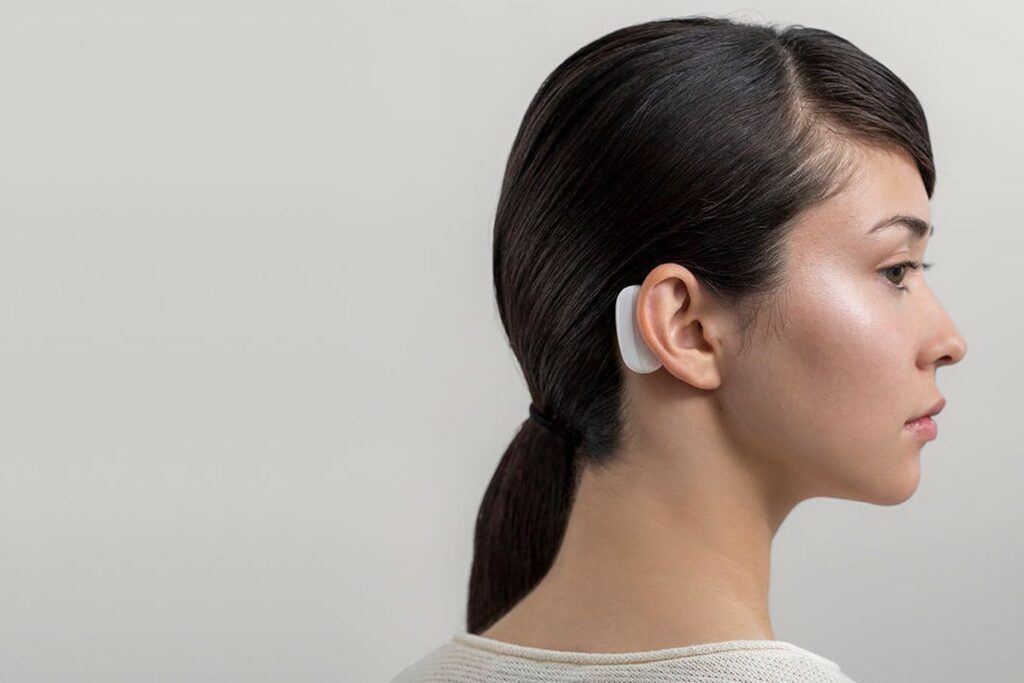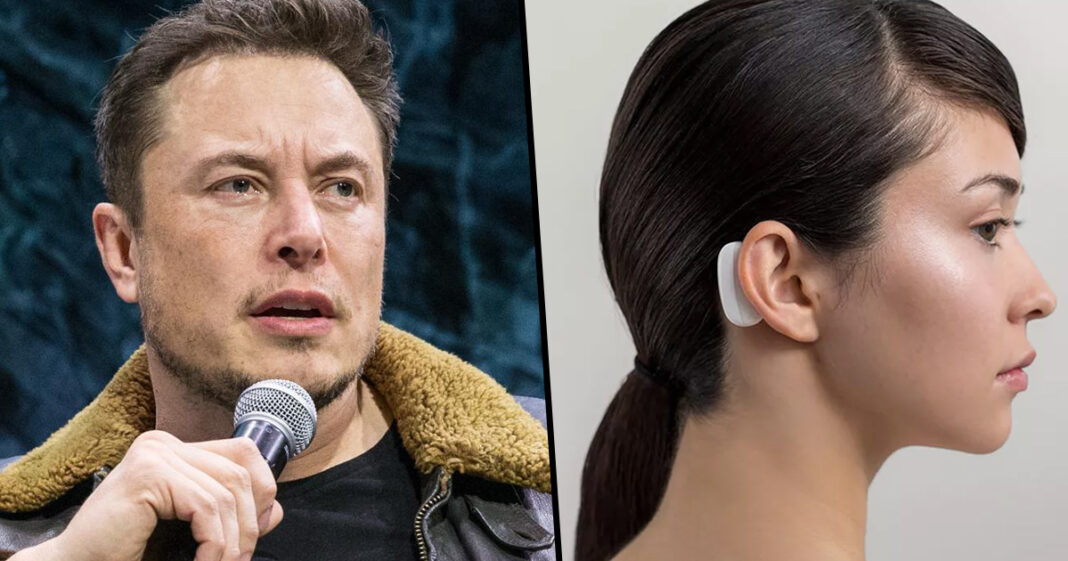Elon Musk has said that his secretive neurotechnology firm Neuralink will demonstrate a working “device”, presumably a brain-machine interface, at 6 p.m. ET on Friday. Musk has repeatedly spoken about his belief that BMI devices are necessary to help humans keep up with AI by supplementing our brainpower, but right now, his goal is much simpler: to create an implantable device that allows people control phones or computers with their minds.
Musk initially announced the August 28 “progress update” in July, and has now offered more details on what will be shown. He says the update will include a presentation of a second-generation robot designed to connect the company’s technology to the brain and a demonstration of neurons firing “in real time,” though what exactly that means is unclear.

Even compared to other Musk companies like Tesla and SpaceX, Neuralink is ambitious. The company wants to connect to the brain using flexible electrodes thinner than a human hair that it calls “wires.” Today’s BMI devices use rigid electrodes for this work, which can cause damage. But inserting flexible electrodes is a much more delicate and challenging task, hence the company’s focus on building a “sewing machine” like a robot to get the job done.
Ultimately, Neuralink hopes to make the process of installing BMI as non-invasive as Lasik eye surgery, even removing the need for general anesthesia. Musk has previously spoken about the need for an automated Lasik-like process for BMIs to overcome the constraints and costs of using highly trained neural surgeons. But it’s not yet ready to be shown, according to Musk. “Still a long way from LASIK, but could be pretty close in a few years,” Musk tweeted in response to a follow-up question about the event.
Other News :- Akshay Kumar to feature in ‘Into The Wild’ with Bear Grylls
Many scientists have praised Musk’s involvement in this medical field, due to the enormous potential of BMI to help those with paralysis and those with neurological conditions. Others have warned that its claims about the future usefulness of these devices are far from proven and that its timelines are overly optimistic. Neuralink said last year that it would begin clinical trials by the end of 2020, but did not give further updates on that goal.
Neuralink has yet to officially announce how you’ll be able to watch Friday’s event, but keeping an eye on the company’s YouTube channel seems like a safe bet.















